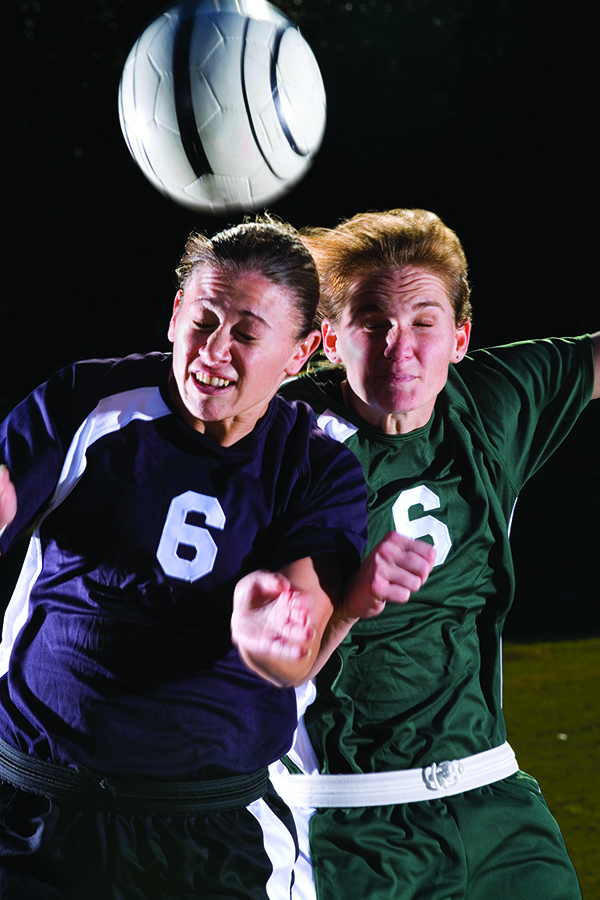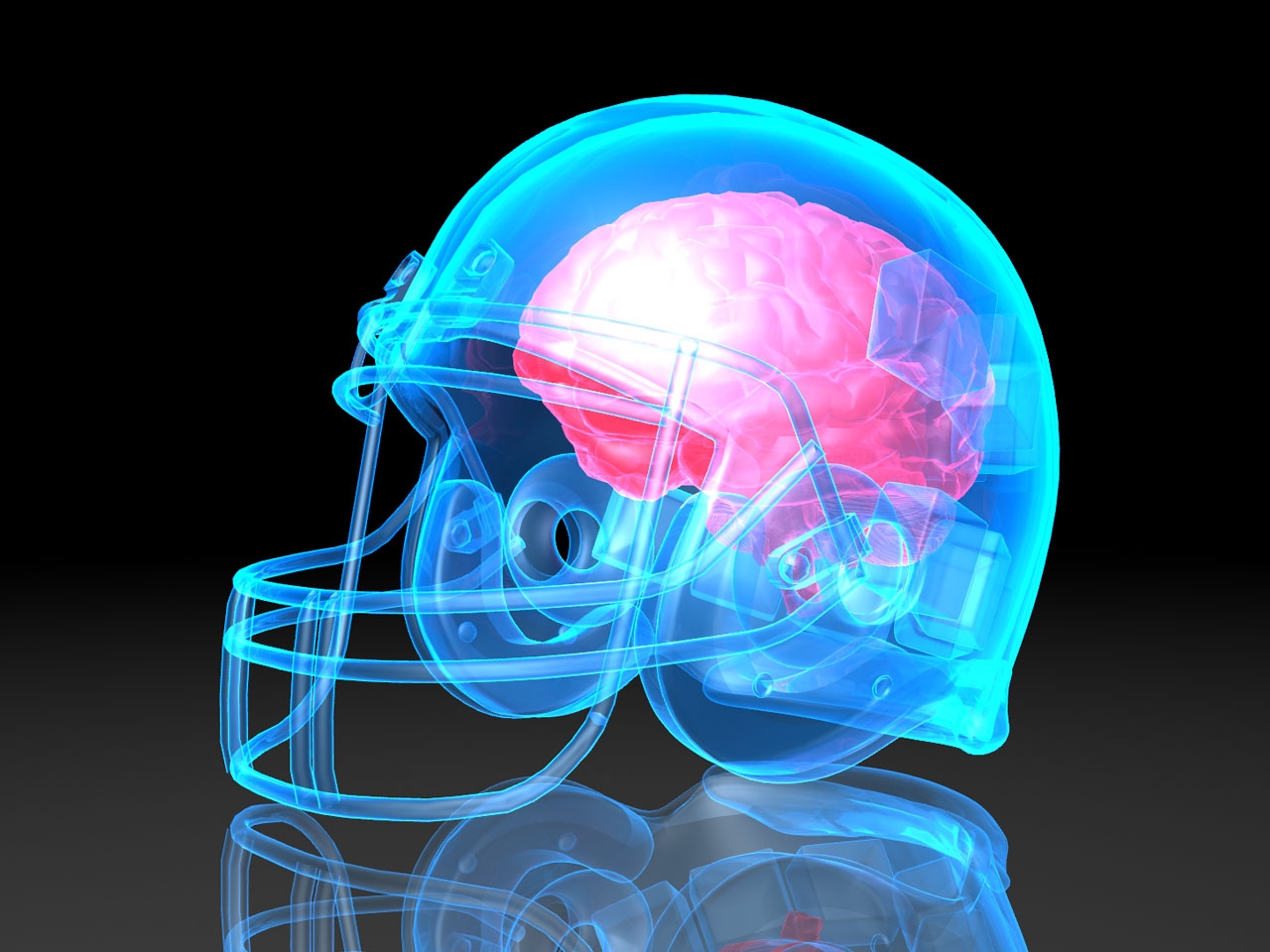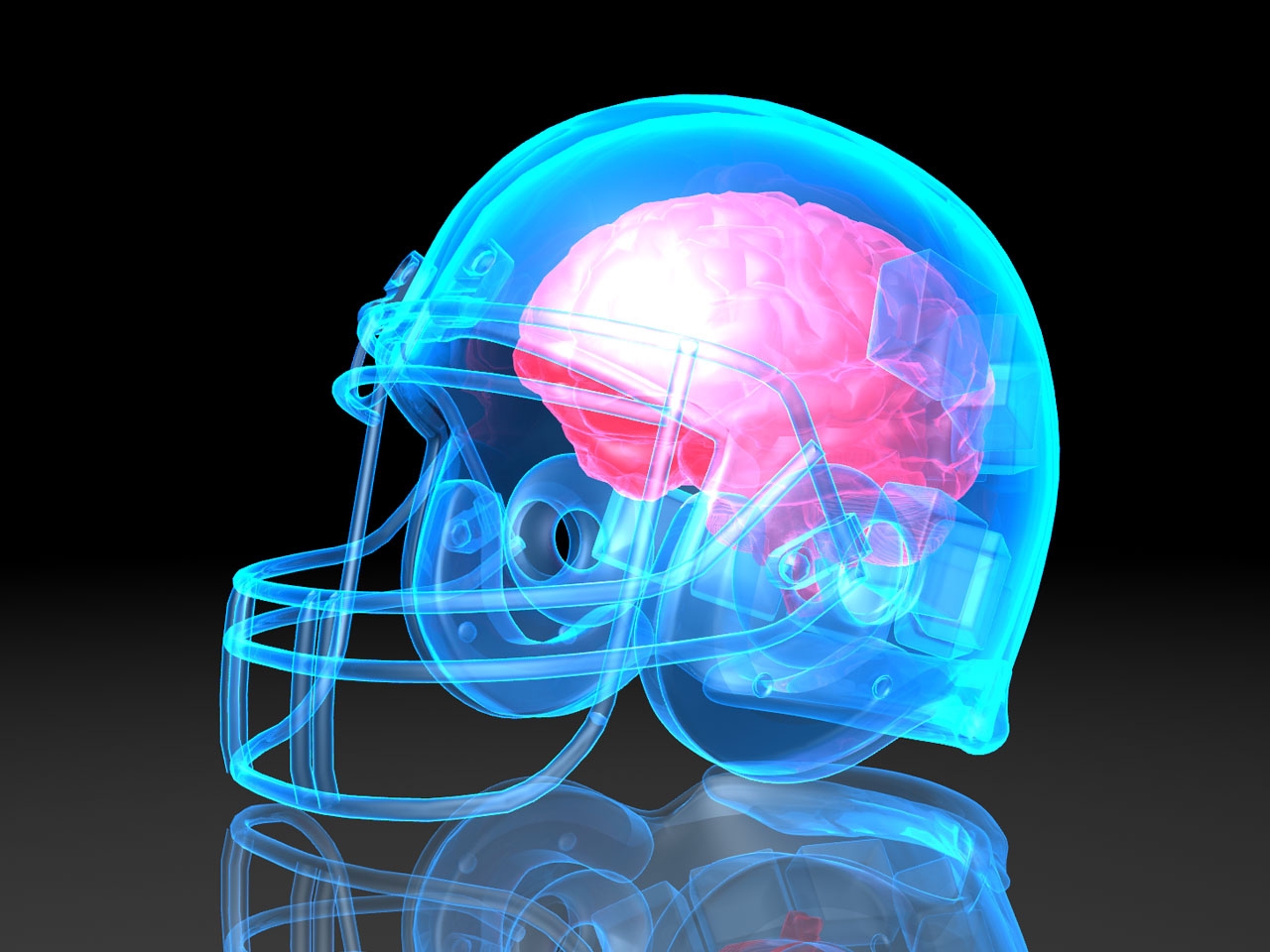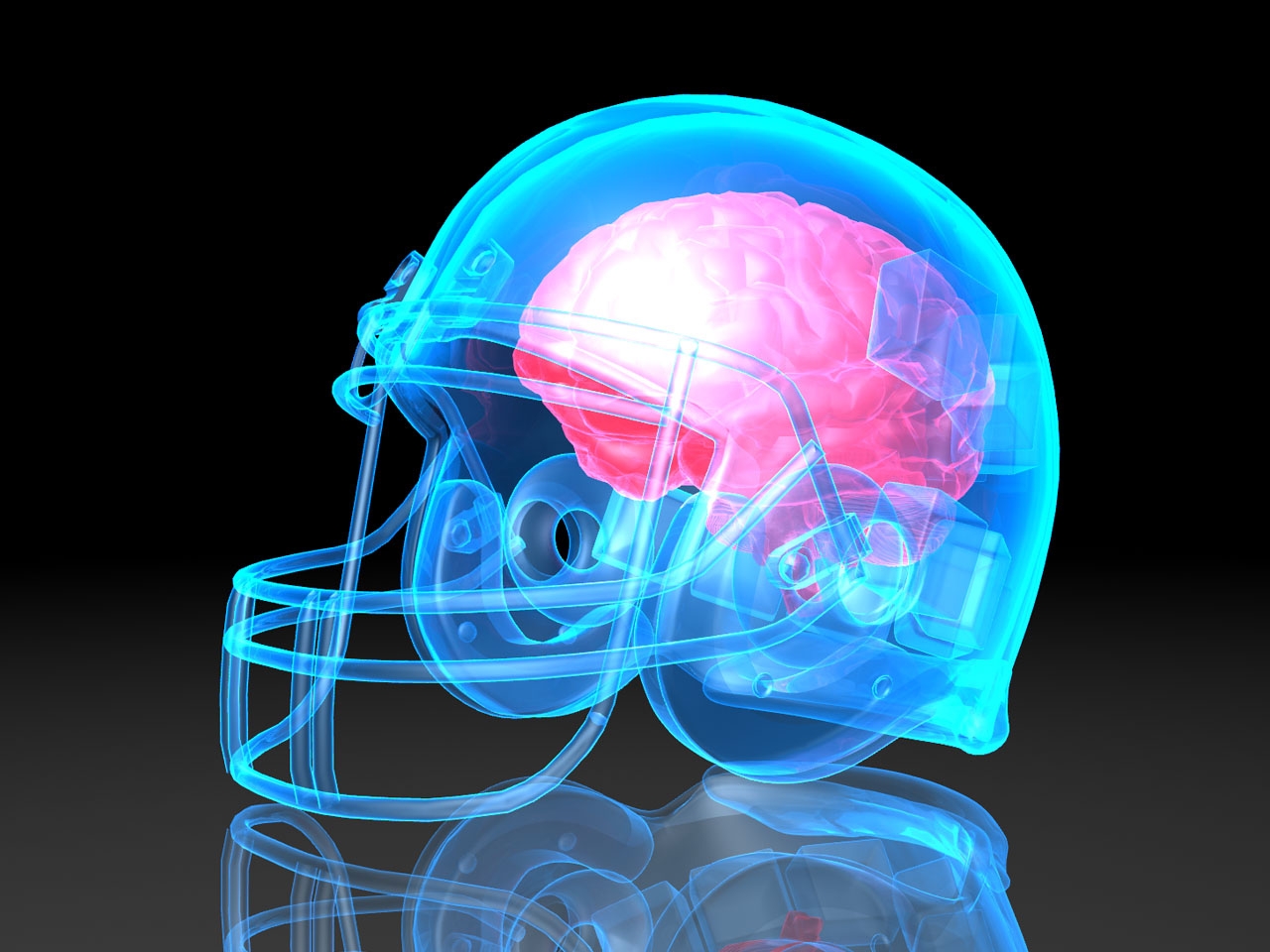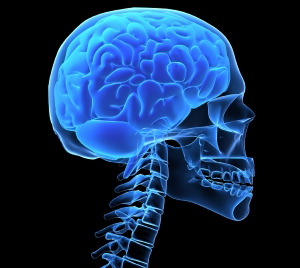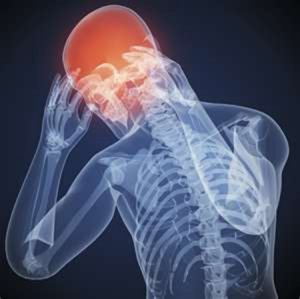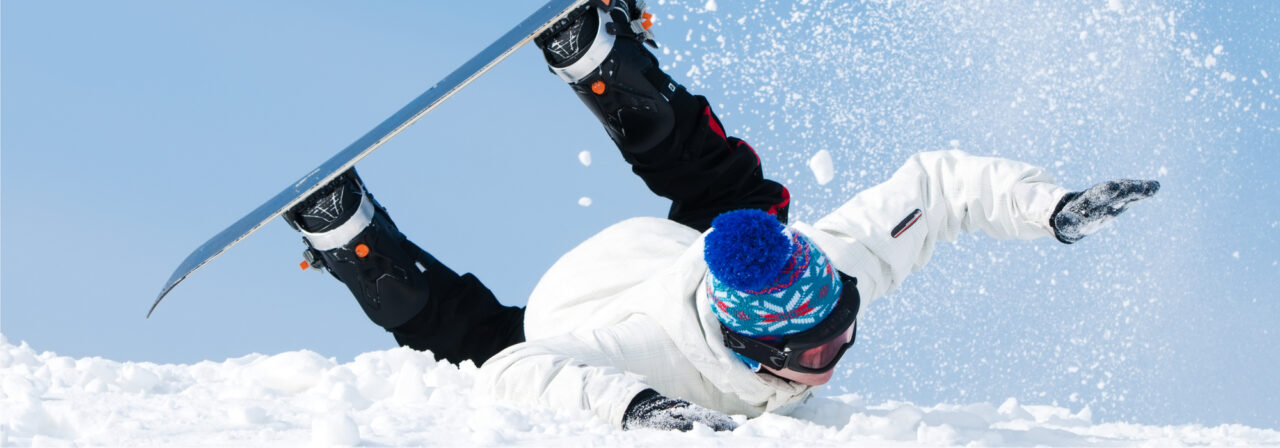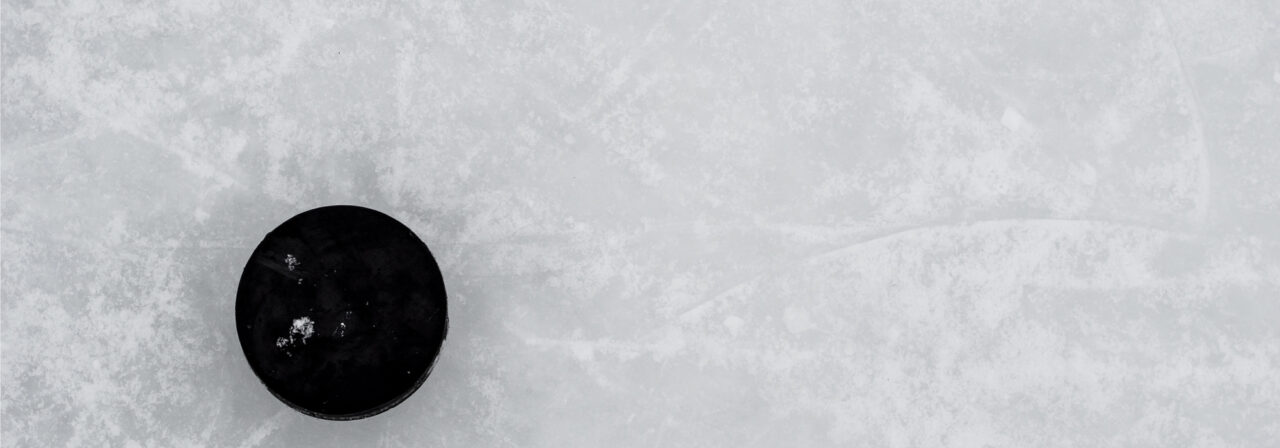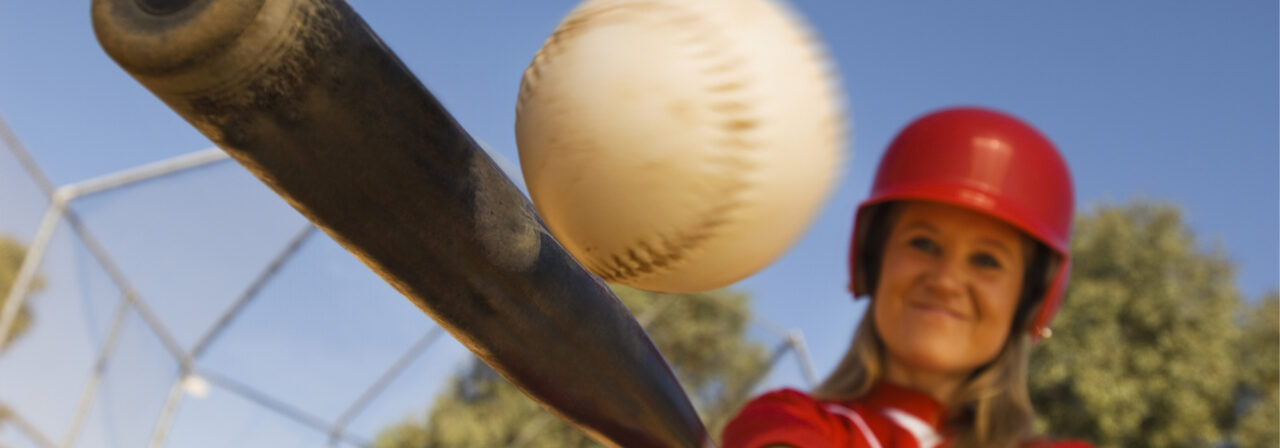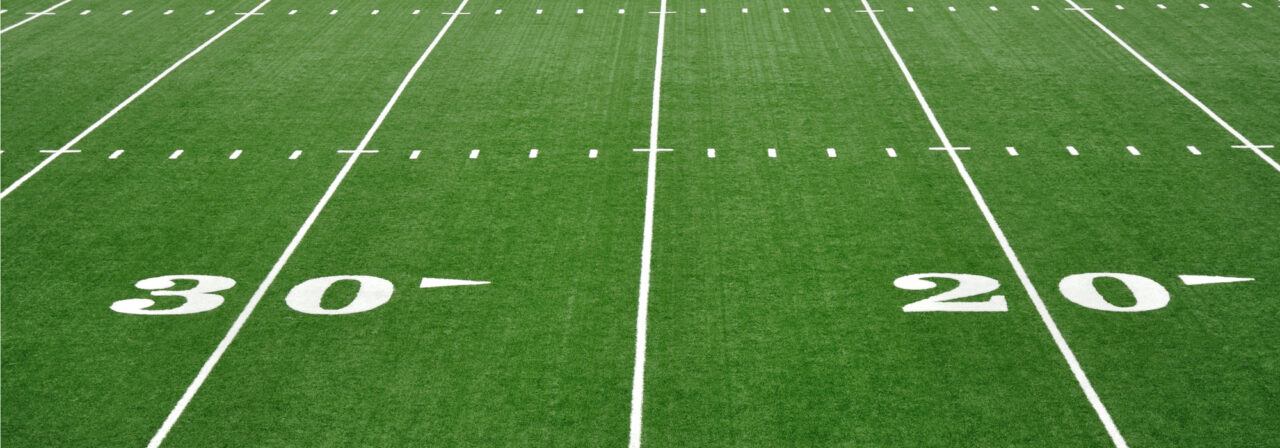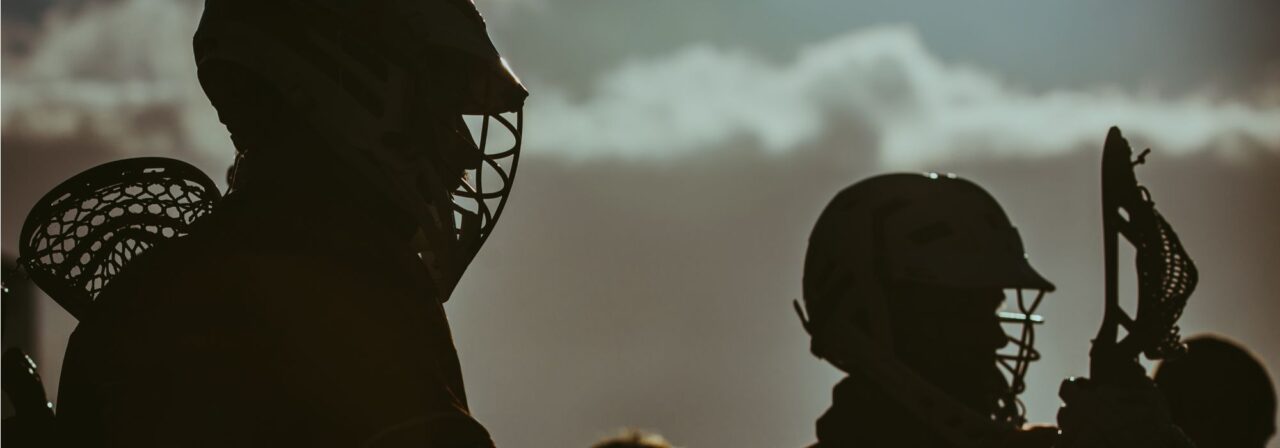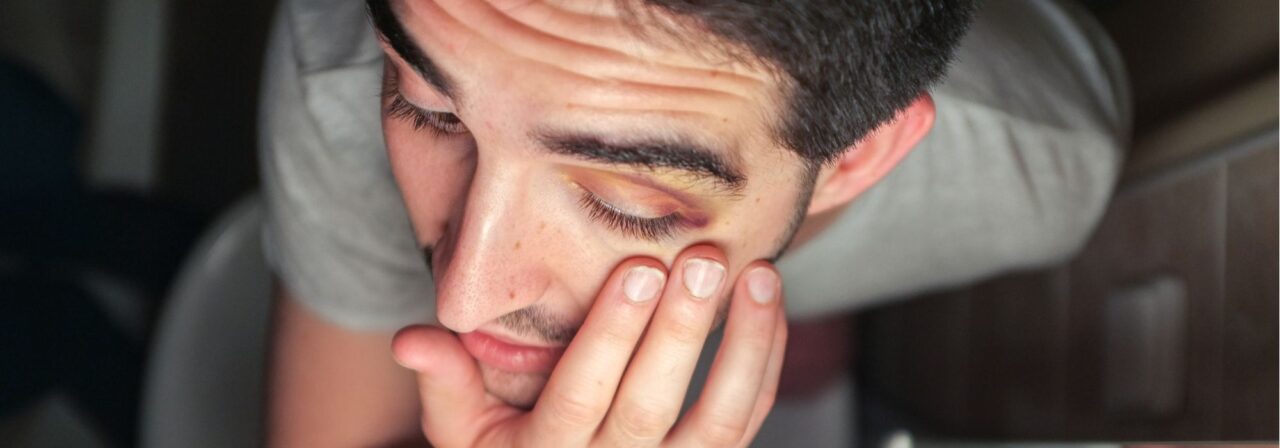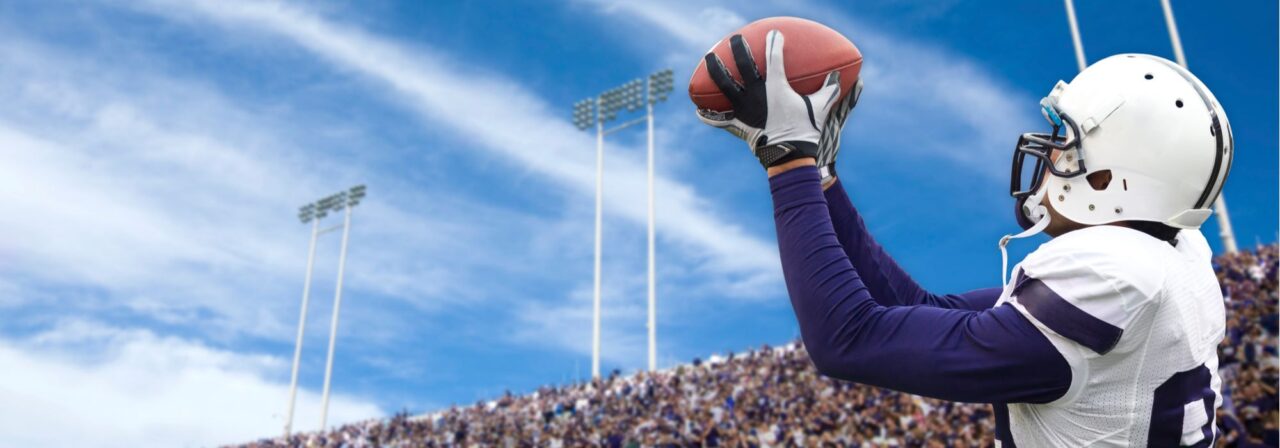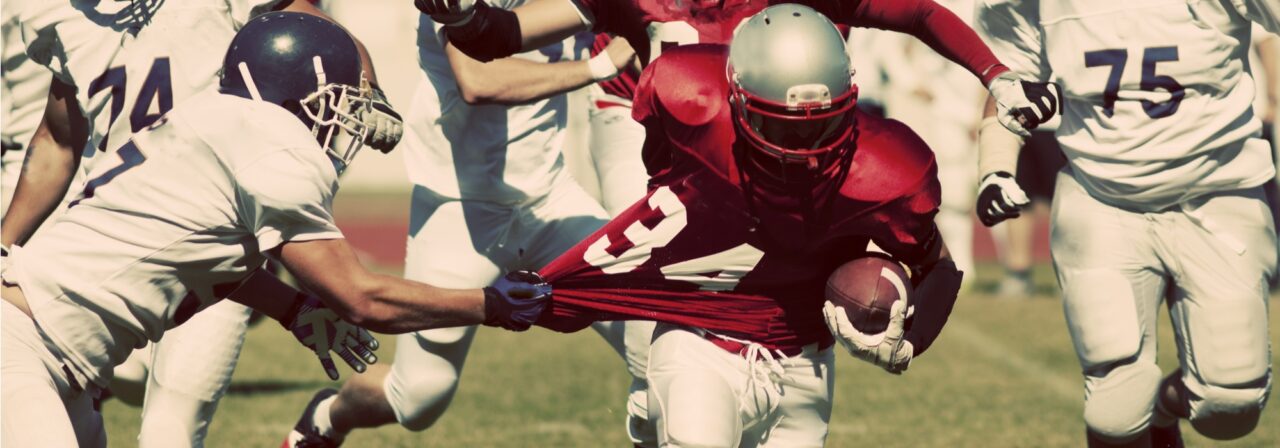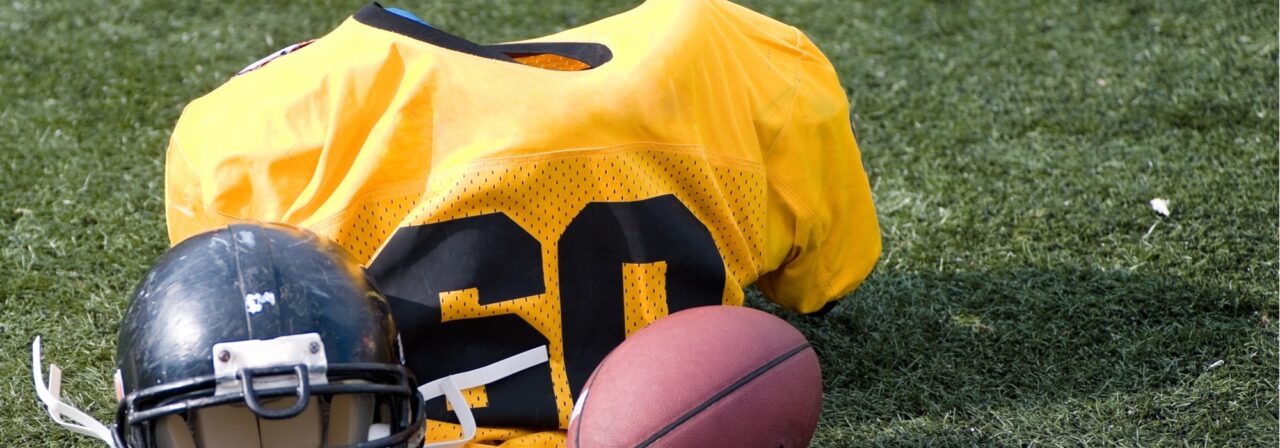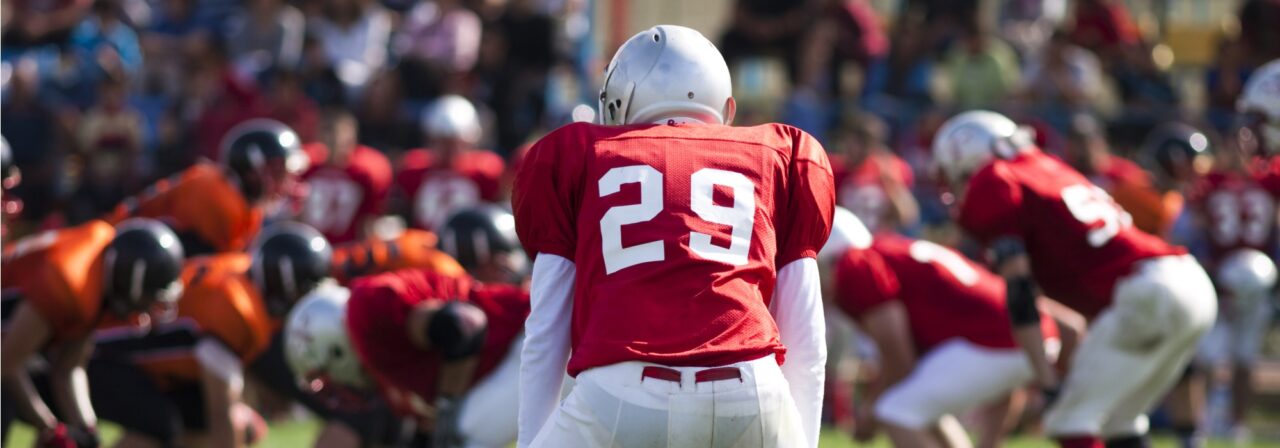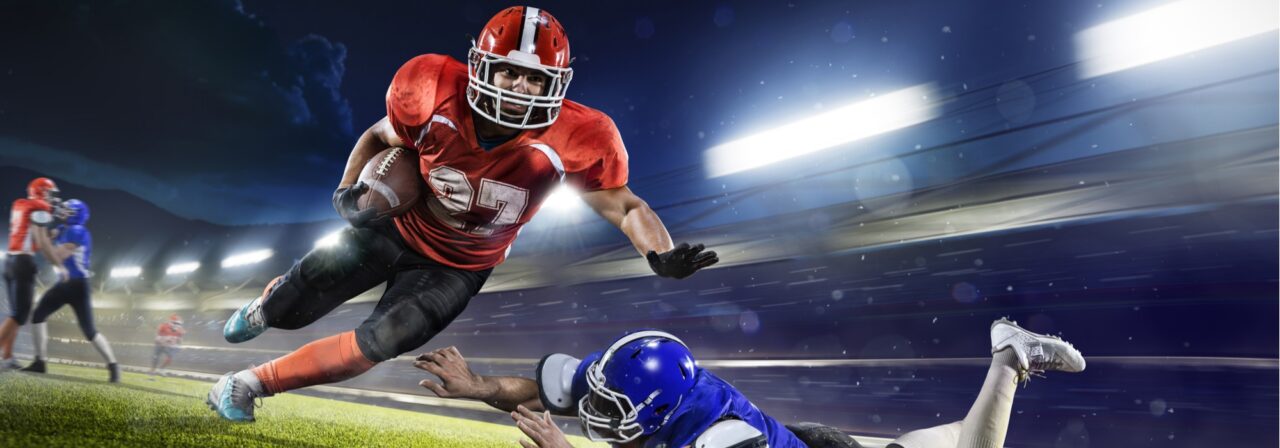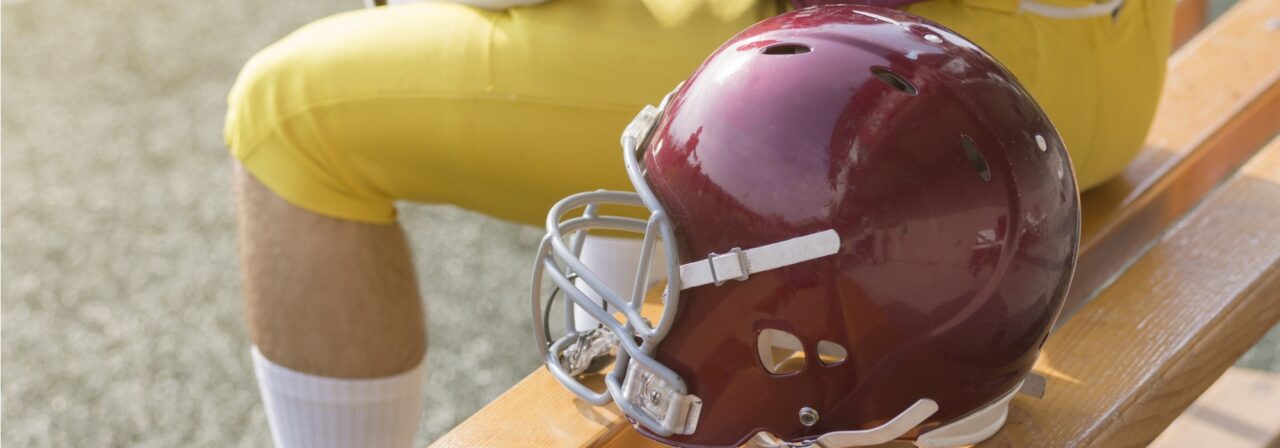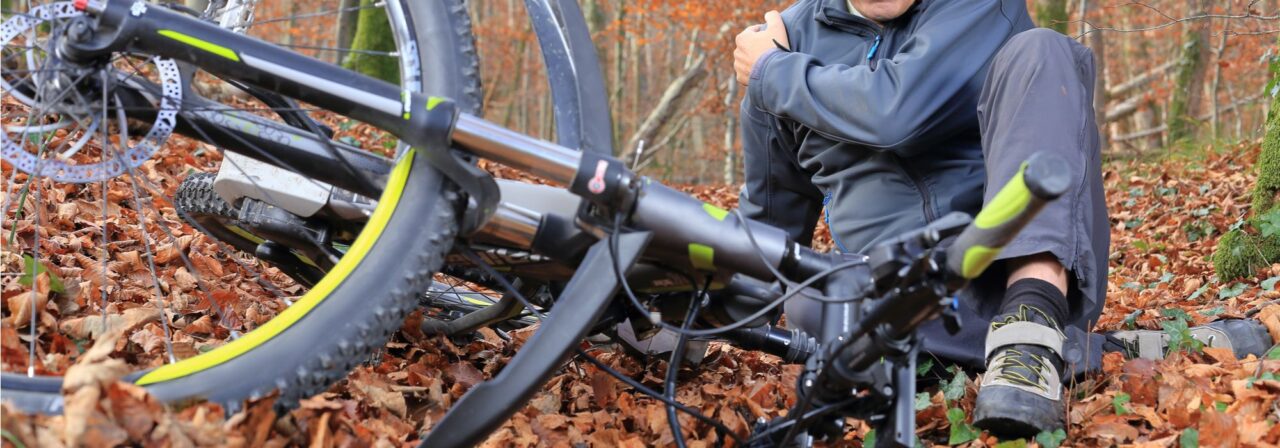Rothman Orthopaedic Institute is a clinical partner in the Jefferson Comprehensive Concussion Center, in the Navy Yard. Visit this link for more information.
Treatment at the Rothman Orthopaedic Institute for your sports concussion injury will begin with a complete history and physical examination.
History:
- Number of concussions
- Symptoms
- Loss of consciousness and/or amnesia
- Duration of missed activity
- Number of missed practices and/or games
- Previous concussions
- Recovery time
Physical Exam:
- Vital signs
- Speech and gait analysis
- Full musculoskeletal and neurological examination
- Cranial nerve evaluation
- Romberg and Pronator Drift Tests
- Point to Point Discrimination Testing, and Vestibular and Balance Testing, with special consideration given to performing a BESS (Balance Error Scoring System) test
- Neuropsychological testing– ideally comparing to baseline – to check the cognitive function of the athlete’s brain.
Who do we treat?
We treat any type of sports-related concussion in children and adults over the age of ten. Injuries are most likely to occur in sports such as football, boxing, hockey, soccer, wrestling, gymnastics, surfing, lacrosse, cheerleading, basketball, and equestrian.
ImPACT
The Rothman Orthopaedic Institute, as do many professional, collegiate, and high school teams, use the ImPACT (Immediate Post-Concussion and Cognitive Testing) program to monitor their athletes as they recover from a concussion.
If the scores are significant enough or do not improve, formal neuropsychological testing is still the gold standard for cognitively testing the athlete. Other considerations to check within the office setting include computerized testing for ophthalmological symptoms and/or referral for these symptoms. Diagnostically, CT scan or MRI is ordered by physicians to rule out organic brain pathology such as cerebral bleeding or skull fracture.
What are the goals of treatment?
Concussion is treated symptomatically. Only when the athlete is symptom free, not taking any medication for symptom control, and has normal cognitive levels evidenced by computer neurocognitive testing can the athlete be placed on a return-to-activity protocol. The goals of treatment are to control symptoms, prevent the cumulative effects of concussion, prevent Second Impact Syndrome, and prevent Post-Concussion Syndrome. First line treatment is mental and physical rest that includes refraining from things that can challenge the vestibular and cognitive system such as texting, video games or long periods of reading. Each patient will have a treatment plan tailored to their needs.
What pharmacological treatments are available for concussion?
Pharmacological treatment of concussion varies from patient to patient and is targeted at the particular symptomatology of the concussive episode. There is no one medication that specifically treats concussion and many have associated side effects. A combination of Vitamins such as B2, Magnesium, and fish oil can also be used before beginning true pharmacological drugs as this has been successful in alleviating headache in the migraine patient.
What other treatments are available for concussion?
Vestibular and physical rehabilitation can be used for patients with vestibular components of concussion such as those with balance and coordination issues. Ophthalmologic retraining either via formal programs or computer can be used for those patients with visual dysfunctions. Cognitive rehabilitation is a treatment option for those patients with severe cognitive dysfunction discovered during formal neuropsychological testing. Finally, patients who admit to beginning symptoms of a co-morbid mood disorder, such as depression, benefit from immediate psychological intervention.
When can a patient return to the classroom?
In general, students are returned to school on a limited schedule. This may include limiting coursework, an abbreviated schedule, or arranging their return-to-classroom plan around classes where neurocognitive improvement is shown. Classroom work is reintroduced gradually. Sometimes it is necessary to drop a student to a less rigorous level while they ease back into coursework. Accommodations are recommended based on the individual patient’s symptoms, for example, seating away from bright lights and noise or supplementing presentations with printouts to reduce eye strain. Students are typically held from participation in recess and physical education classes. Those who participate in organized sports will follow a separate return-to-play protocol.
When is an athlete cleared to return to play?
Once the patient has become symptom free for 24–48 hours, is taking no medications to control symptoms, and has a computerized neurocognitive test such as ImPACT that has approached baseline scores, the patient may begin a return-to-play protocol. This protocol was first proposed by the Concussion in Sport Group and has been approved by many sports medicine bodies over the last several years.
- Step 1: complete rest for 24 hours.
- Step 2: light aerobic exercise such as cycling or walking to increase heart rate to 70 % of maximum predicted heart rate
- Step 3: sport specific training which adds movement to the treatment paradigm
- Step 4: non-contact training drills that add exercise, coordination and cognitive load to the treatment paradigm
- Step 5: When the patient is symptom free, he or she may begin full contact training to restore confidence and assess functional skills. If the patient becomes symptomatic at any time, he or she is dropped to the step previous and progression is again attempted after 24 hours.
***Reminder, these are guidelines. Each patient will have a plan tailored to their needs and responses from treatment.




